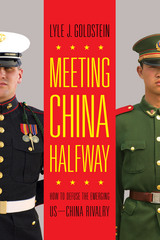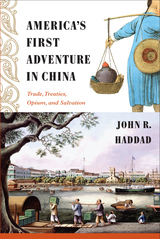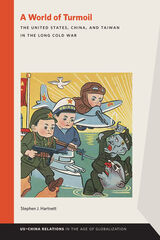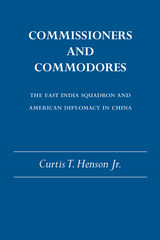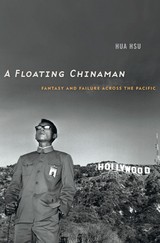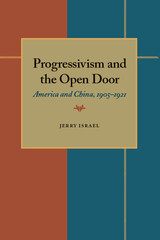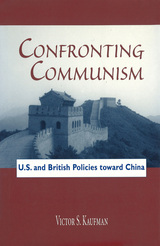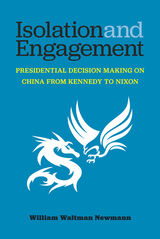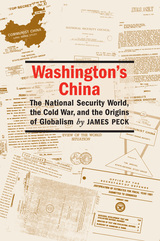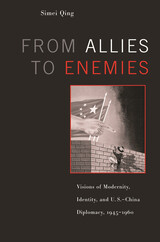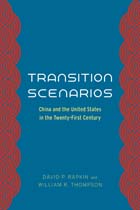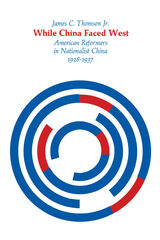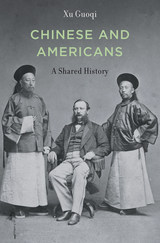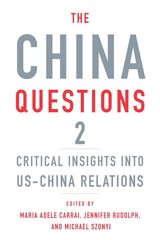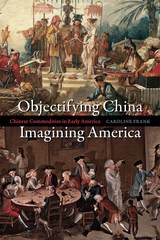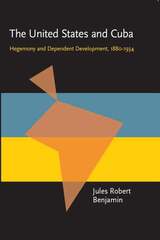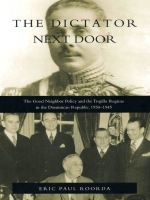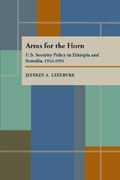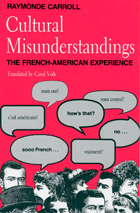Re-examining the Cold War: U.S.–China Diplomacy, 1954–1973
Harvard University Press, 2001
Cloth: 978-0-674-00524-2 | Paper: 978-0-674-00526-6
Library of Congress Classification E183.8.C5R38 2001
Dewey Decimal Classification 327.73051
Cloth: 978-0-674-00524-2 | Paper: 978-0-674-00526-6
Library of Congress Classification E183.8.C5R38 2001
Dewey Decimal Classification 327.73051
ABOUT THIS BOOK | REVIEWS
ABOUT THIS BOOK
The twelve essays in this volume underscore the similarities between Chinese and American approaches to bilateral diplomacy and between their perceptions of each other’s policy-making motivations. Much of the literature on U.S.–China relations posits that each side was motivated either by ideologically informed interests or by ideological assumptions about its counterpart. But as these contributors emphasize, newly accessible archives suggest rather that both Beijing and Washington developed a responsive and tactically adaptable foreign policy. Each then adjusted this policy in response to changing international circumstances and changing assessments of its counterpart’s policies. Motivated less by ideology than by pragmatic national security concerns, each assumed that the other faced similar considerations.
See other books on: 1945-1989 | Accinelli, Robert | Cold War | Kirby, William C. | Ross, Robert S.
See other titles from Harvard University Press

